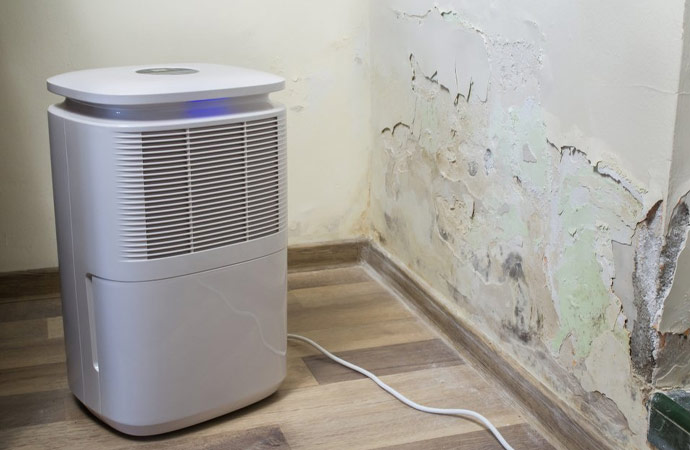Control Humidity in Your Home
The professionals of My Basement Repair Pro have the proper technology & expertise to provide the services to control humidity & allergens, in your area. You must get your residential & commercial properties properly dried after a water disaster; otherwise, you will run the risk of mold, rot and structural damages for water can sneak into all sorts of crevices and cracks in a building.
Our professional contractors use commercial air movers and dehumidifiers to reduce the inside air humidity to below 55% (the point at where certain types of mold can start to grow). They will also track progress with monitoring equipment.
Find Your Local Basement Waterproofing Contractors

How Low Humidity Affects Allergies?
Dry indoor air can irritate your throat and sinuses, causing symptoms that may seem like allergies, but it’s actually what doctors refer to as non-allergic rhinitis. Because the sneezing and congestion are not caused by allergies, typical allergy treatments won’t help. Typically things like nasal irrigation and decongestants work better in these cases than just taking antihistamines.
People with allergic dermatitis can suffer from bothersome dry skin and itching when humidity levels are low. Even if allergies aren’t the issue, dry air can cause the mucous membranes in your nasal passages to dry out, which means they can’t do their job of trapping bacteria, viruses, and allergens in the air. This leaves you more susceptible to the flu, colds, or other respiratory issues.
How to Regulate the Humidity in Your Home?
While you can’t control the weather, you CAN take steps to regulate the humidity inside your house to help reduce your allergy symptoms. According to the Environmental Protection Agency, the ideal indoor humidity level is 25-40%. Running your air conditioner will help remove excess humidity from the air. If that’s not enough, or it’s too cool to turn on the AC, a dehumidifier will pull moisture out of the air, collect it, and then drain or pump it out of your home. If the indoor air is too dry, a whole-house humidifier will distribute water vapor throughout your home, and it comes with a hygrometer to measure the moisture in the air.
Why Choose My Basement Repair Pro?
My Basement Repair Pro screens and provides professionals who specialize in basement waterproofing, crawl space repair, crack repair, finishing, sump pumps, and other basement issues. These are local companies who have shown a track record of helping homeowners like you, make the basements dry and safe. Whether you have a finished or unfinished basement, we can provide the appropriate professional help in your area, to solve your basement issues. Contact us today or call us at 844-406-0501 to know further details.
